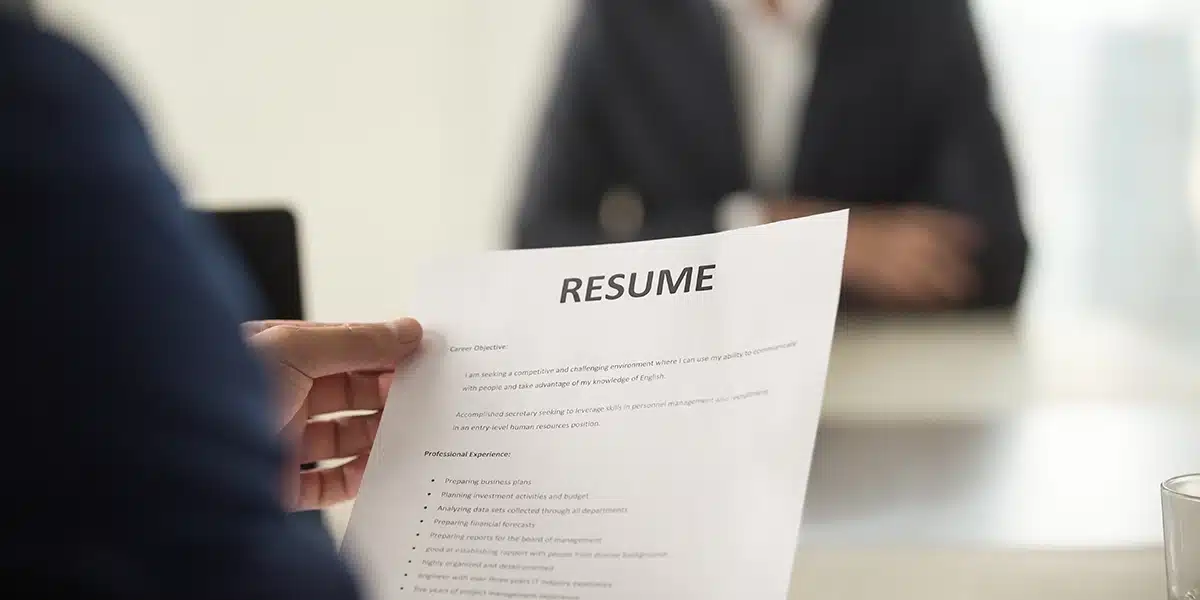YOU GOT THE POSITION... YOU'RE THE LEADER... NOW WHAT?
Menu

A long career with one organization is officially a thing of the past.
Hiring great people has always been a necessity, but with the growing trend of leadership transitions, the ability to identify and assess potential new hires has never been more critical.
(FYI: This is partially why I wrote Big Shoes To Fill. Helping leaders step into new leadership roles without stepping in it.)
This topic has been essential for me to help answer, as I’m helping several organizations (businesses and churches) source and hire great people for crucial roles. I also led a church staff of 65 before launching my coaching and consulting career.
The first step to hiring well is to know your organizational culture. I’ve written about this in previous posts and devoted an entire chapter to my new book (coming out in January).
Next, you need to know what kind of people work best in your organization. You’ll need to define this somewhat uniquely for you or your team, but let me give you what I look for to spark some ideas:
I wanted staff who cared about the mission and their contribution. I wanted people to get angry when we weren’t winning. I wanted people willing to do what needed to be done.
This type of person fit our culture. We were an “all in” kind of place. When we hosted an event, we asked all staff to participate. When we held a funeral, we asked the entire team to serve. This was part of our culture, and people who didn’t really care didn’t make it. Hopefully, we didn’t even hire them.
Self-starters were required. No leader has time to micro-manage. Most leaders don’t want to micro-manage but do when they feel it’s necessary. I’d always rather reign people in than light a fire under a butt.
You can assess their battery level by asking about projects they spearheaded in previous jobs. Ask candidates about problems they faced and how they handled it. If they wait for someone else to act, they may not have the fire needed.
Everybody is good at something. Nobody is good at everything. Hulimity allows a staff member to improve their skills while asking for help when needed.
It could be just me, but it feels like self-awareness is not increasing. Healthy social awareness and personal skill and ability awareness aren’t seen in many people. In your interview processes, carefully assess your candidate’s ability to self-assess.
Great staff members aren’t concerned with self-promotion or taking credit. They understand the team can and should be more than the sum of its parts. A great teammate makes everyone around them better.
During an interview, it’s imperative that you assess a candidate’s team mindsets through examples and desired collaborative work.
Trust is a combination of character and competence. I offer a module on this topic in my “Your Leadership Toolbox” course and masterclass.
I save this for last, as it’s the foundation for every organization. Nothing can be maximized or made better without trust, eventually leading to a crumbling organization.
It’s easy to interview candidates for trust. Ask them how they define trust. Ask them who they’ve trusted in the past and why? Without naming names, ask them why they’ve struggled to trust people. Their answers will offer an indication of their understanding of trust and, therefore, indicate their trustworthiness.
If you lead a team, department, division, or organization, take some time to evaluate your list of required employee attributes. What I love about a list such as this is it allows for all the many skills and abilities necessary to succeed in your organization while ensuring you bring in people who are a good “fit.”
